If you are caring Children……..
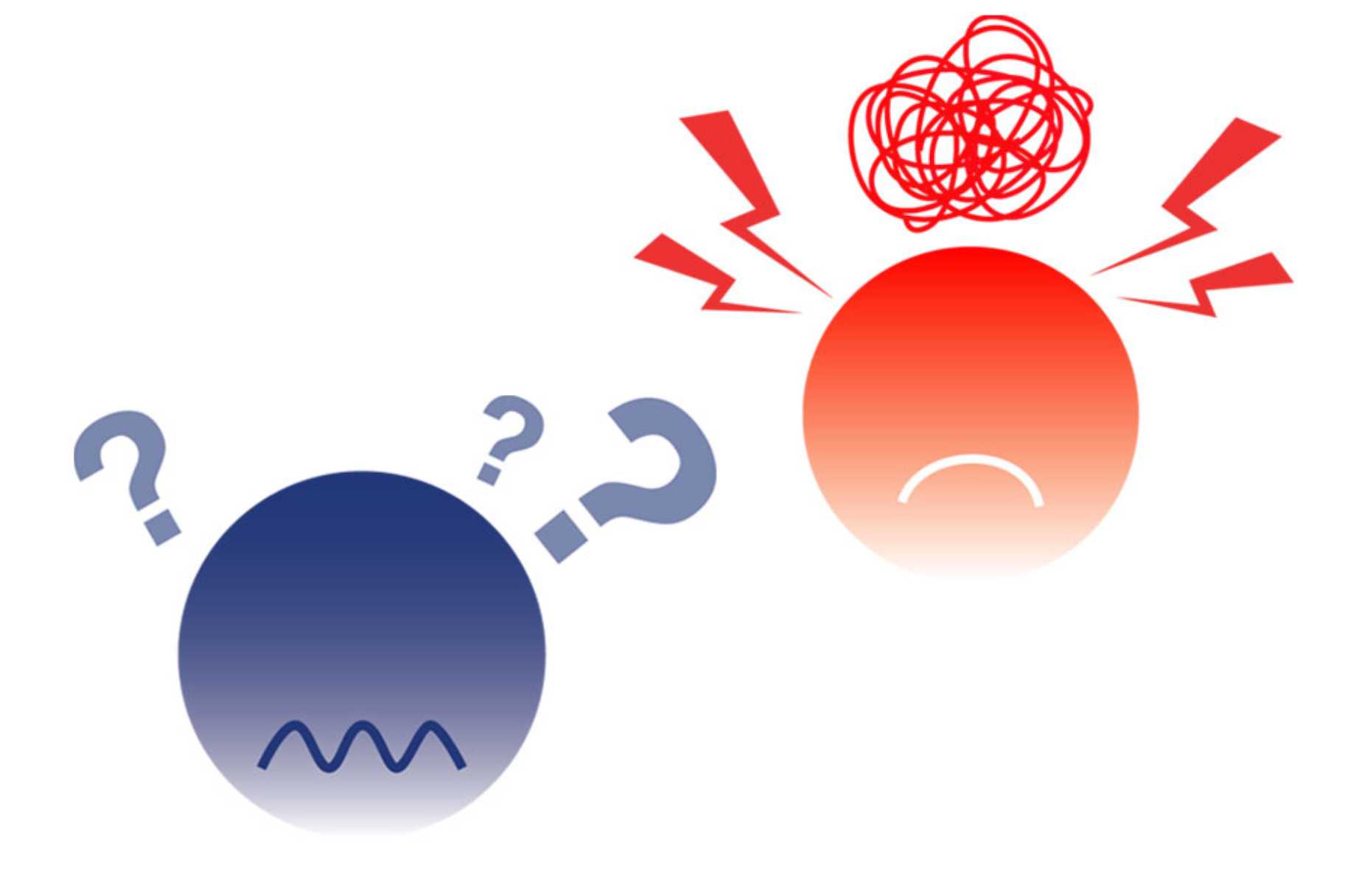
In these unprecedented times, children in particular face enormous disruption in their lives. Young children may find the changes that have taken place difficult to understand, and both young and older children may express irritability and anger. Some children will additionally be worried, anxious or fearful.

With the closure of schools in some countries, children may lose that sense of structure and stimulation that is provided by a schooling environment, and now face fewer opportunities to get social support through interacting with their friends that is essential for good mental well-being.
With the closure of schools in some countries, children may lose that sense of structure and stimulation that is provided by a schooling environment, and now face fewer opportunities to get social support through interacting with their friends that is essential for good mental well-being.

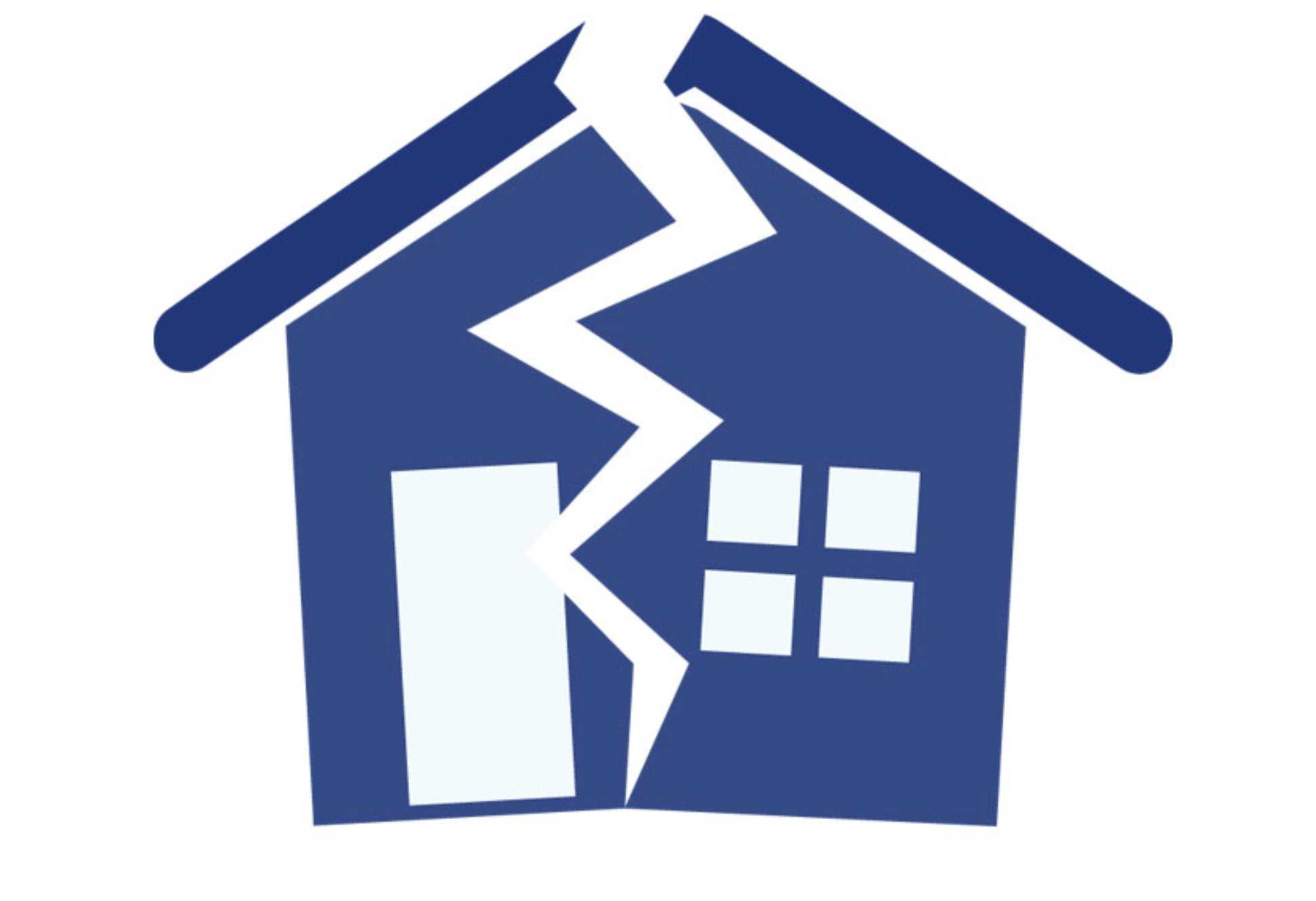
If the situation at home is unsafe or unstable, children may be at increased risk of child protection incidents or witnessing interpersonal/domestic violence, which may constitute adverse childhood experiences (ACEs). ACEs have known, long term implications on a child’s physical and mental health.
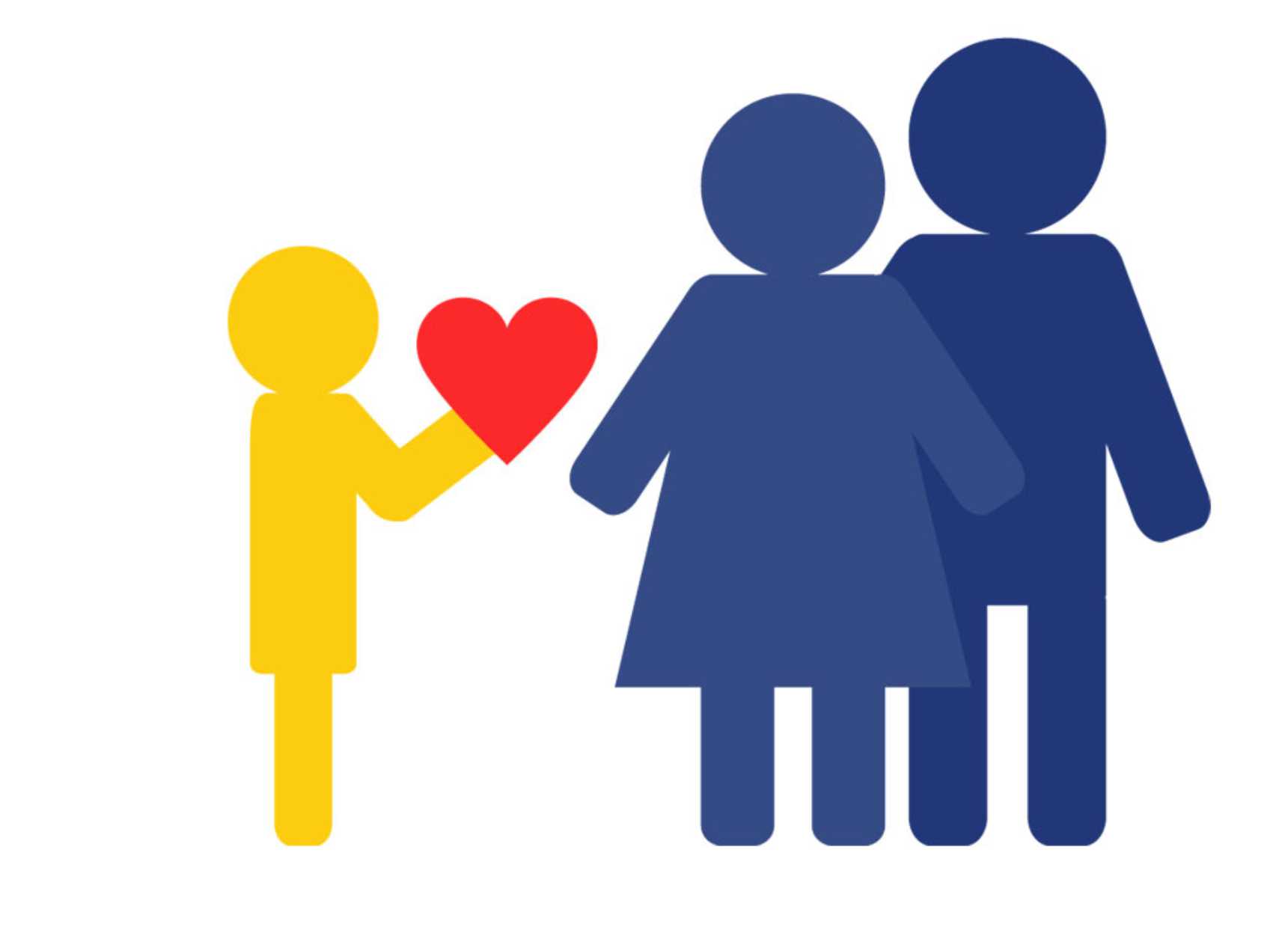
Children may find that they want to be closer to their parents, make more demands on them, and, in turn, some parents or caregivers may be under undue pressure themselves.
Children may find that they want to be closer to their parents, make more demands on them, and, in turn, some parents or caregivers may be under undue pressure themselves.

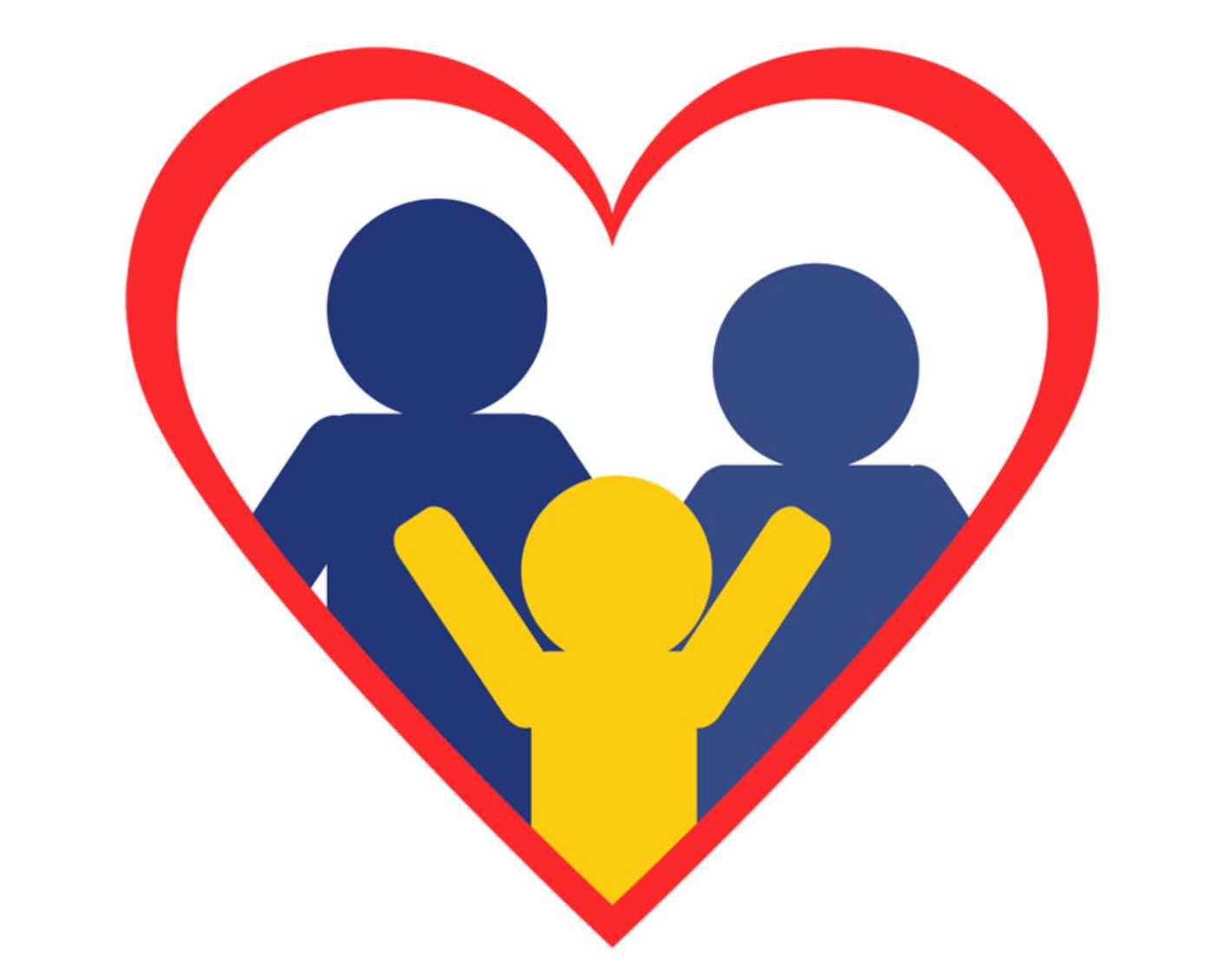
To address this, parents should aim to support their children, through love and affection, as well as through explaining the situation to their children in ways they will understand. Children are very perceptive and will model how to respond from their carers. Helping children to find ways to express themselves through creative activities, and providing structure in the day – if that is possible – through establishing routines can be beneficial.
If you are Caring Elders……

Being identified as being more vulnerable to COVID-19 due to increased age and/or underlying medical conditions can be extremely frightening. These populations may experience significant anxiety, stress or anger as a consequence. Populations that are also experiencing cognitive decline/dementia, as well as those experiencing loneliness and social isolation may be at additional risk of mental health issues.
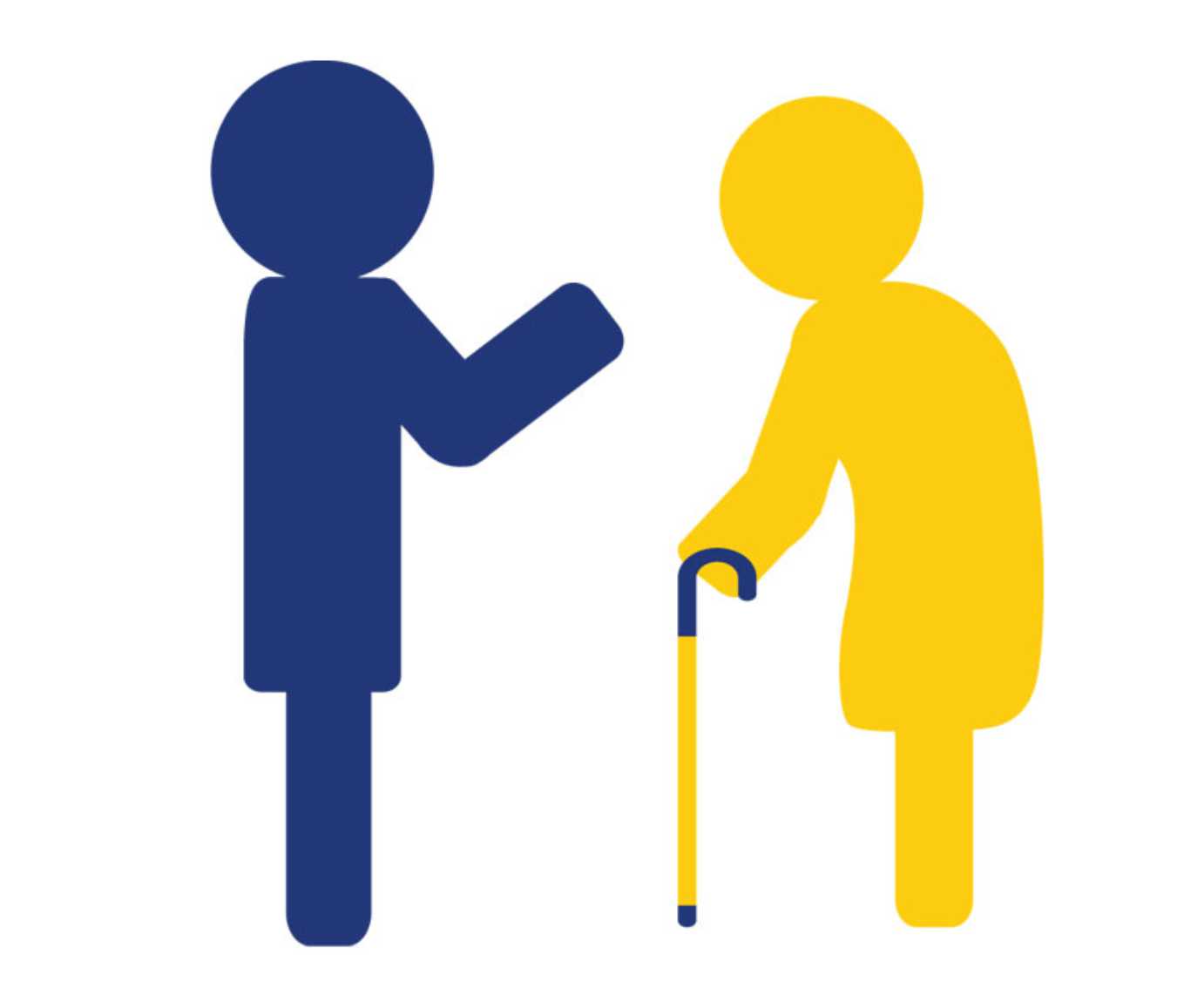
The WHO recommends getting enough physical activity, keeping to routines or creating new ones, and engaging in activities which give a sense of achievement. Maintaining social connections is also important.
The WHO recommends getting enough physical activity, keeping to routines or creating new ones, and engaging in activities which give a sense of achievement. Maintaining social connections is also important.

